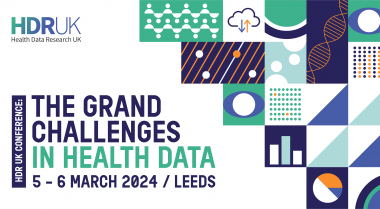Sara Khalid
Associate Professor and Senior Research Fellow in Biomedical Data Science and Health Informatics at University of Oxford

Dr Sara Khalid leads the Planetary Health Informatics Group at the Centre for Statistics in Medicine within the University of Oxford where she studies global health gaps or inequity via big health data and artificial intelligence. Sara leads the Machine Learning and Big Data Team of the Health Data Sciences Section in NDORMS, Oxford. She is also affiliated with the Institute of Biomedical Engineering (IBME), Oxford in the Biomedical Image Analysis Lab and the Biomedical Signal Processing Lab.
Her research interests include signal processing and machine learning, with applications in health informatics such as intelligent patient monitoring and observational research using real-world data.
At HDR UK, Sara is PI of the “Ethnicity, Health Equity, and AI” study. Inequity in health is a long-standing multi-faceted issue, as highlighted by the recent pandemic, where people from ethnically diverse backgrounds were disproportionately affected.
But we know inequity is not limited to the pandemic, it is a long-standing, multi-faceted issue. To improve health for all, it is essential to understand and improve data on ethnicity and the many other social determinants of equity.
An example is technology for predicting a person’s future health risks. This involves feeding routinely collected health information into a computer model to produce a health risk score for a patient, and that can be used by doctors to decide patient care. If there is bias in the data or the model, doctors can potentially make wrong decisions and patients can get the wrong care. It can mean some groups of patients might inappropriately be prioritised over others for vaccines, hospital beds, or life-saving treatments.
This research funded by HDR UK and the Alan Turing Institute through the Data and Connectivity National Core Studies Programme aims to improve existing technology for predicting personalised future risk of health conditions, particularly those affecting overlooked groups of patients. The underlying concept is: better data, better research, better care.

